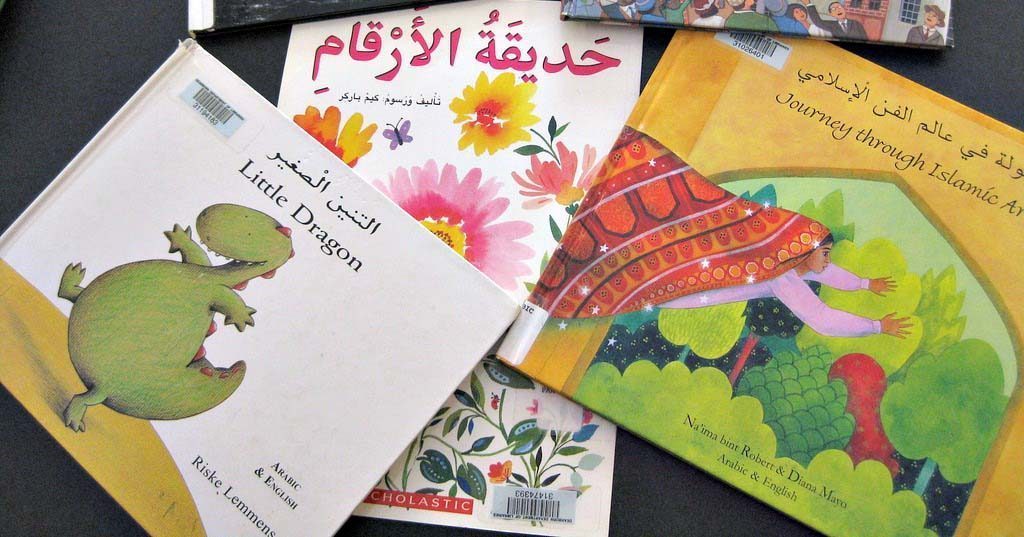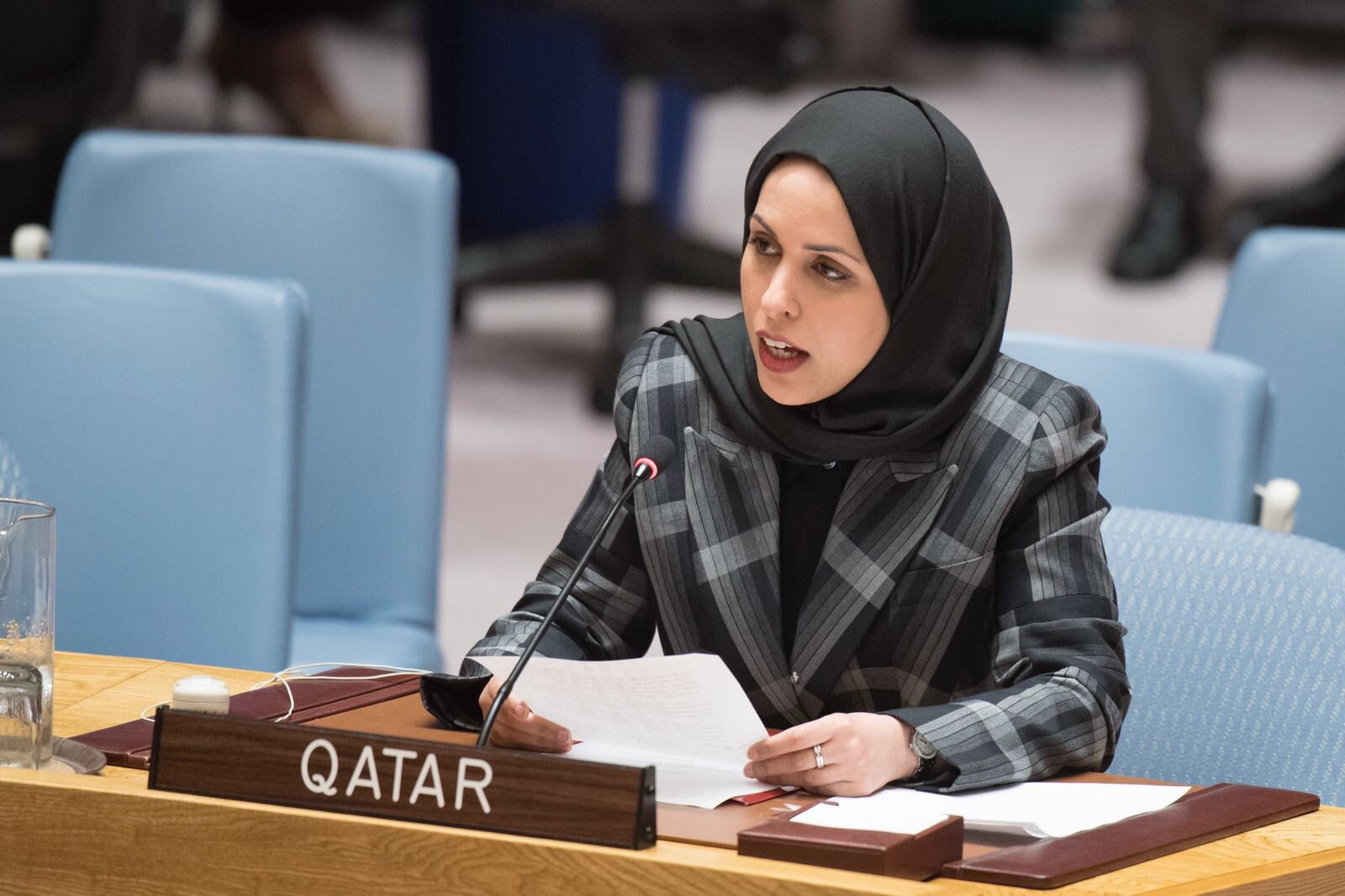School reform in Qatar has been a tough road. For more than a decade, the country has been trying to implement a series of reforms to prepare its young people for a future knowledge-based economy, and bring them up to speed with international standards.
But a continuous stumbling point appears to be language. In a country where expats comprise more than 85 percent of the population, and where English is the lingua franca, identity issues and language seem to go hand in hand.
To help young Arab students preserve their identity and culture, Qatar’s independent schools and its largest university last year switched their main language of instruction from English to Arabic.
The change was a reversal of an unsuccessful Supreme Education Council decision a few years ago that schools teach science and math in English, instead of Arabic.
Teachers were given short notice about the change, and because many were not proficient enough in English to do the subjects justice, test scores plunged and interest in science and math fell, educators told Al Fanar Media, an online publication that focuses on education in the region.
But the reinstitution of Arabic as the official medium of instruction has prompted its own set of headaches, instructors have said.
One main concern is that students who study in Arabic would have trouble getting accepted into the cadre of prestigious international universities that have been set up in Qatar, because most of them teach in English.
Al Fanar reports:
“We’re still getting students who were in the old system who went to high school in English. They typically have an advantage,” said Todd Kent, the assistant dean for academic affairs at Texas A&M University at Qatar, one of six American universities at Doha’s Education City campus.
That doesn’t mean that the students in the new high school system can’t make it, he said, but they may need a little extra training. It remains to be seen, he said, if the change will hurt enrollment at Education City universities, where English is the dominant language of instruction.
Education City aside, students who receive an Arabic-language education here could matriculate at Qatar University, which also began teaching certain disciplines in Arabic last year, including law, international affairs, media and business administration.
But graduates themselves have questioned whether the decreased focus on English would hurt their employment chances.
Resolving these issues will surely take time, but also feedback from both students and educators, Al Fanar states, citing a QU study on perceptions of education reform that concluded “teachers are the key to educational reform and change and leadership that does not include teachers in the process of change is destined to fail.”
Thoughts?








